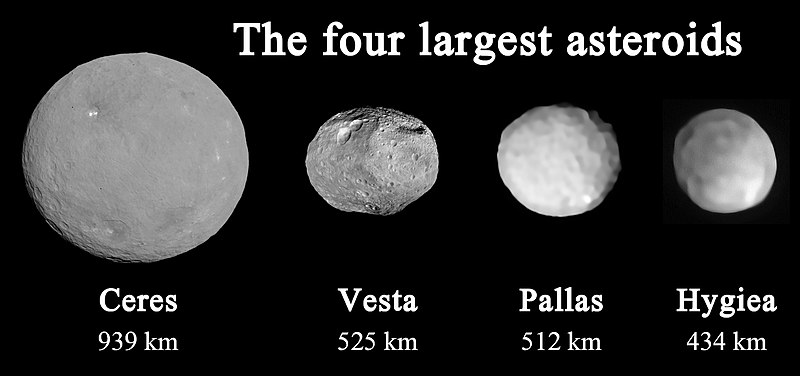
International Asteroid Day
The June, the 30th, is famous for different reasons. Back in 1894, London’s Tower Bridge opened across the River Thames. Aside from this, though, it is also known as International Asteroid Day.
Origin
So, how did such an important day come about? Well, interestingly, Brian May, of the famous rock group Queen, who is also a doctor (with a PhD) founded the day along with four others: an astrophysicist, an astronaut, a film maker, and the president of the B612 Foundation, which helps to make people aware of the risk of asteroids across the world. This group set up the day to educate the general public about the role asteroids play in the solar system – and the importance of defending the earth from future impacts. But why specifically 30th June, you may be thinking? Well, the world’s largest asteroid impact on written record took place in Siberia on 30th June, 1908. Even though it happened in 1908, it is deemed to be, potentially, a very serious issue, so recognising this draws necessary attention to it. The United Nations sanction this date as a day for this purpose.
Global Recognition
All around the world on 30th June, many events take place to recognise this day. In Athens, Greece, there is a festival on 29th and 30th June. In Virginia, USA, a Celebrate Asteroids Day takes place as well. There are events everywhere, taking place in libraries, museums, universities and elsewhere – so if you see anything you are interested in, maybe you could take part.
What Is An Asteroid?
Essentially it is a rocky, or metallic, object that orbits the sun, but is much smaller than a planet. They can exist in large numbers and the largest, such as those pictured, are sometimes called planetoids. There are some massive asteroid craters all over the world, such as Acraman in Australia (this is 85-90 kilometres in diameter – and it even contains a lake itself with a 20-kilometre diameter!). There are many more around the world, in places like Canada and Mexico.
NASA has a very important role to play in identifying potential asteroid dangers – all in the name of keeping earth safe but also to learn more about how asteroids form.
So, on 30th June this year, maybe you could think a little more about asteroids. If you do, you can find out more by visiting this website: https://asteroidday.org/
If you are interested in studying a Science subject, Oxford Open Learning offers the chance to do so at several levels, listed below. You can also Contact Us.